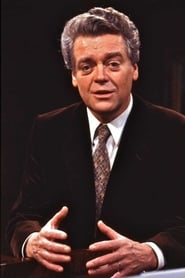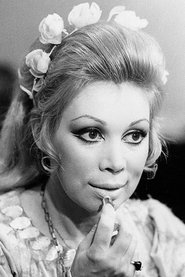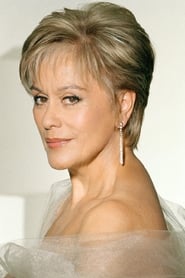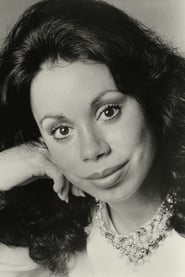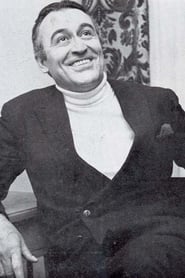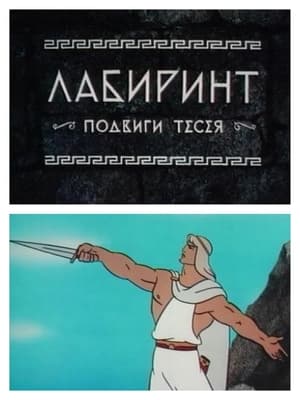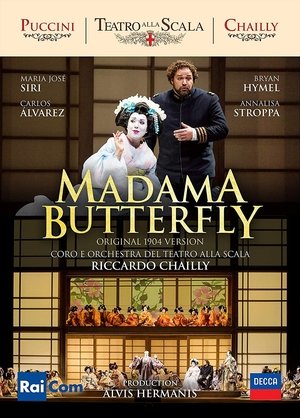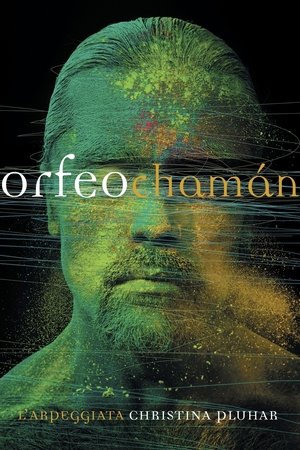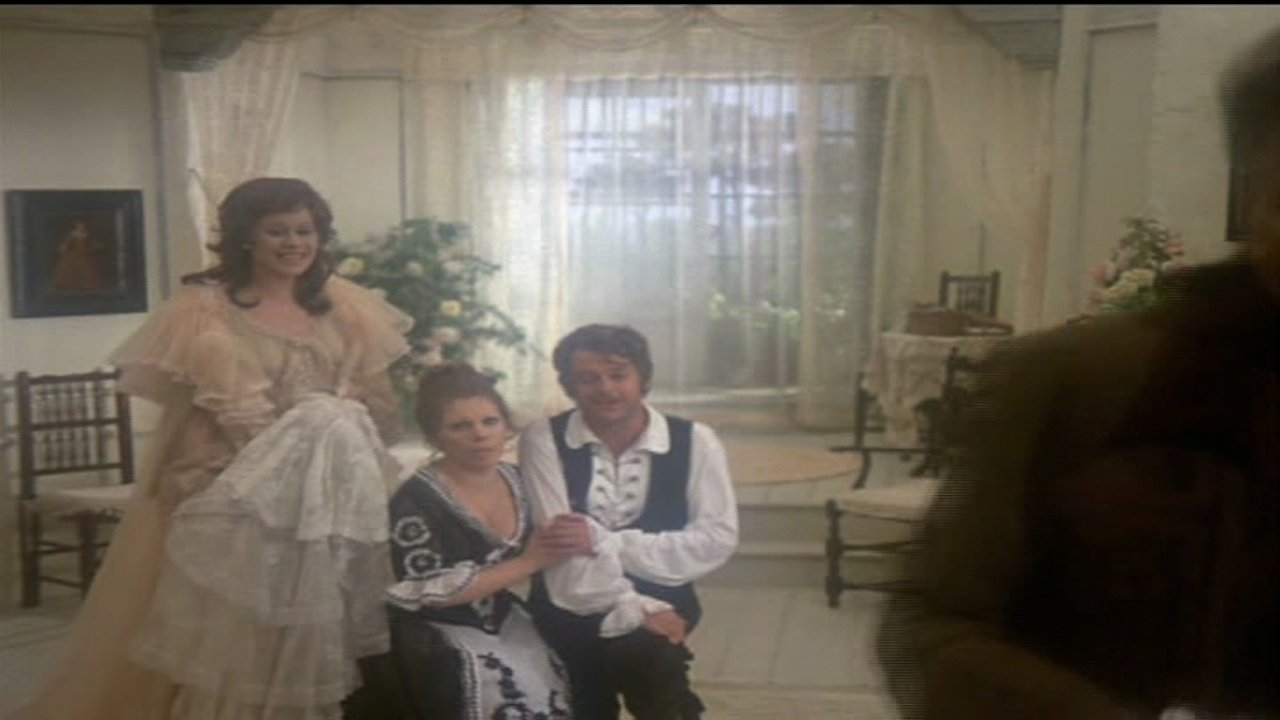
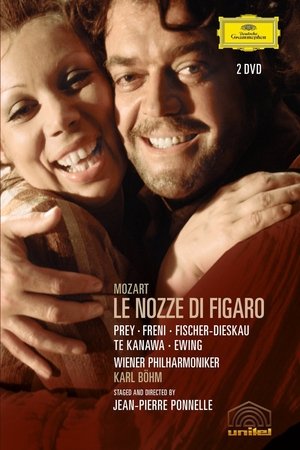
The Marriage of Figaro(1975)
Mozart's Marriage of Figaro is a comedy whose dark undertones explore the blurred boundaries between dying feudalism and emerging Enlightenment. Herman Prey's Figaro is admirably sung in a firm baritone and aptly characterized. So too, is his antagonist, Dietrich Fischer-Dieskau as the Count perpetually frustrated by the scheming wiles of Figaro and Susanna, here the perky Mirella Freni, who sings and acts like a dream. The Countess is creamy-voiced Kiri Te Kanawa, and the Cherubino, Maria Ewing, looks just like the horny, teenaged page she's supposed to be. The all-star leads are complemented by worthy supporting singers, the Vienna Philharmonic at the top of its form, and the experienced Mozartian, Karl Böhm conducting a stylishly fleet performance.


Movie: The Marriage of Figaro
Top 10 Billed Cast
Marcellina
Basilio
Don Curzio
Antonio

Le nozze di Figaro
HomePage
Overview
Mozart's Marriage of Figaro is a comedy whose dark undertones explore the blurred boundaries between dying feudalism and emerging Enlightenment. Herman Prey's Figaro is admirably sung in a firm baritone and aptly characterized. So too, is his antagonist, Dietrich Fischer-Dieskau as the Count perpetually frustrated by the scheming wiles of Figaro and Susanna, here the perky Mirella Freni, who sings and acts like a dream. The Countess is creamy-voiced Kiri Te Kanawa, and the Cherubino, Maria Ewing, looks just like the horny, teenaged page she's supposed to be. The all-star leads are complemented by worthy supporting singers, the Vienna Philharmonic at the top of its form, and the experienced Mozartian, Karl Böhm conducting a stylishly fleet performance.
Release Date
1975-01-01
Average
5.4
Rating:
2.7 startsTagline
Genres
Languages:
ItalianoKeywords
Recommendations Movies
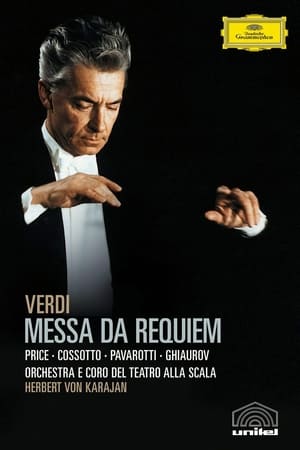 9.0
9.0Verdi – Messa da Requiem(en)
Herbert von Karajan conducts La Scala Orchestra and Chorus with soloists Leontyne Price, Fiorenza Cossotto, Luciano Pavarotti, and Nicolai Ghiaurov.
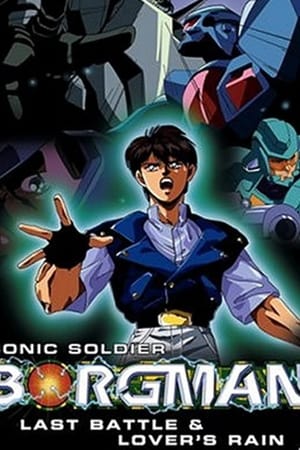 6.6
6.6Sonic Soldier Borgman: Lover's Rain(ja)
Picking up several years after the dissolution of the original Borgman team, this volume reunites the three remaining members--rocket scientist Ryo, his girlfriend Anise, and police officer Chuck Sweager--for the emotionally-driven episode "Lover`s Rain," which finds the trio facing an army of the undead bent on a rampage of murder and destruction.
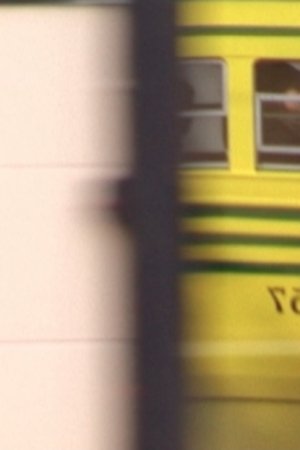 5.7
5.7way(en)
San Francisco filmmaker Konrad Steiner took 12 years to complete a montage cycle set to the late Leslie Scalapino’s most celebrated poem, way—a sprawling book-length odyssey of shardlike urban impressions, fraught with obliquely felt social and sexual tensions. Six stylistically distinctive films for each section of way, using sources ranging from Kodachrome footage of sun-kissed S.F. street scenes to internet clips of the Iraq war to a fragmented Fred Astaire dance number.
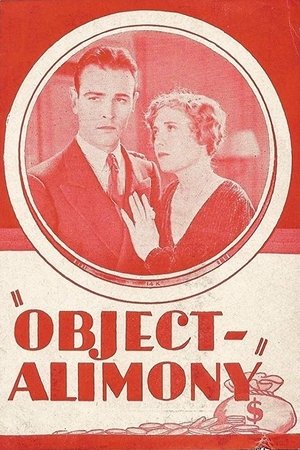 6.0
6.0Object: Alimony(en)
Ruth Butler, a clerk in an emporium, marries Jimmy Rutledge and thereby greatly displeases his mother, the owner of the emporium, because of Ruth's lowly origins. Renaud Graham, one of Mrs. Rutledge's friends, becomes interested in Ruth, forces his way into her apartment, and attempts to make violent love to her. Jimmy walks in on their embrace and, suspecting the worst, leaves Ruth. In the family way, Ruth finds refuge in a boardinghouse where she meets Al Bryant, an aspiring writer. Ruth tells Al her life story, and he makes it into a bestselling novel and then into a play. Jimmy sees the play and comes to his senses, winning Ruth's forgiveness.
Hey Qween - Holigay Special(en)
Let’s get SICK’NING for the Holidays! RuPaul’s Drag Race legend Laganja Estanja is here for Hey Qween’s Very Green Christmas Special!
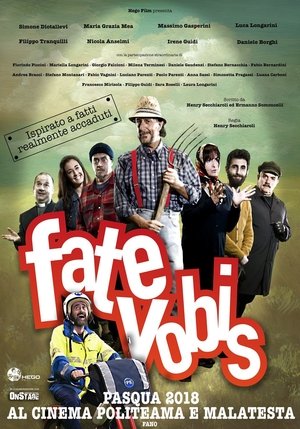 4.0
4.0Fate Vobis(it)
A family man from the Fano countryside gets into trouble to be able to pay for his daughter's wedding.
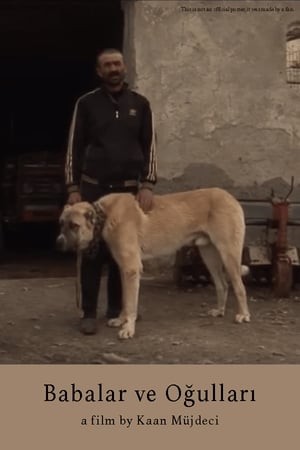 5.0
5.0Fathers and Sons(en)
"Fathers and Sons" is a short documentary project of Kaan Müjdeci that was shot in 2012 during the research for director's first feature film entitled SIVAS. Fathers and Sons tells the story of kangal dogs and their owners. Kangal is a breed of shepherd’s dog, unique to the land of Anatolia. The owners fight their kangals and make money off them from bettings. However, they treat and take care of their dogs like their sons, sometimes even better. Even though their sons may get hurt, a father still takes pride in having sent his son to the military, doesn’t he? Fathers and Sons is about the duality of this father-son relationship. But after all, every father would like to be proud of his son.
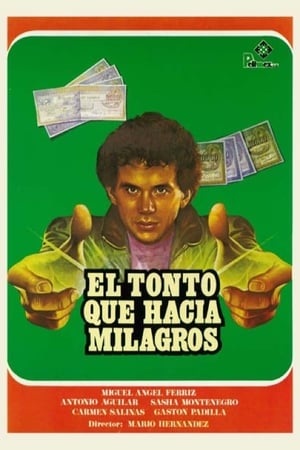 5.0
5.0El tonto que hacía milagros(es)
A movie projectionist discovers that he has magical powers.
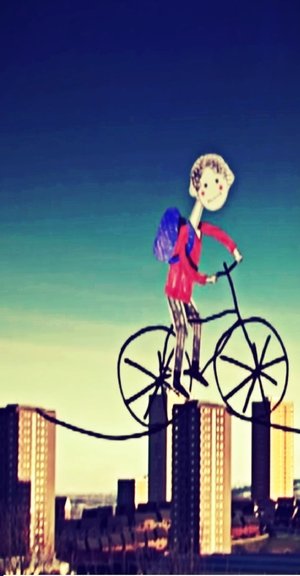 6.0
6.0The Nurture Room(en)
Filmed over a year, with incredible access, three troubled Glasgow school children prove that miracles can happen.
 5.7
5.7Murder on D Street(ja)
A soba restaurant owner dies mysteriously on D. Street. The police rule it as a suicide, but detective Akechi Kogoro and his wife Fumiyo think otherwise and launch their own investigation. As they delve deeper, they discover relationships twisted by perverted desire and hideous affection and hatred.
 6.5
6.5All You Can Eat(en)
An overweight man makes a shift in habits after being turned down by his crush who fears that he could die of cardiac arrest the way her father did.
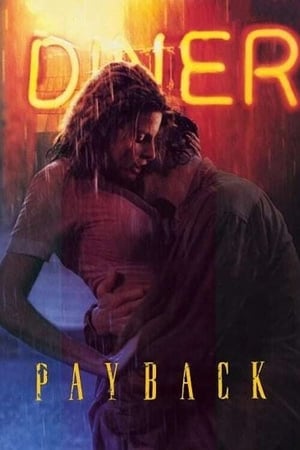 5.3
5.3Payback(en)
Oscar Bonsetter tells a dying prisoner that he will take revenge on the sadistic guard who killed him. In exchange, Oscar is told of a stash of money. Oscar is eventually released from prison but when he goes to get revenge, he gets sidetracked by the now-handicapped guard and his alluring wife, Rose. The tension builds as Oscar becomes more and more attracted to Rose.
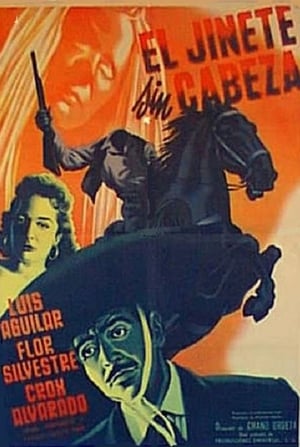 4.9
4.9The Headless Rider(es)
A mute phantom hero takes on skull-masked killers, a disembodied living hand and a corpse that won't stay in its grave. This is the first in a trilogy of horror/western hybrids that also includes the films La marca de Satanás ("The Mark of Satan") and La cabeza de Pancho Villa ("The Head of Pancho Villa").
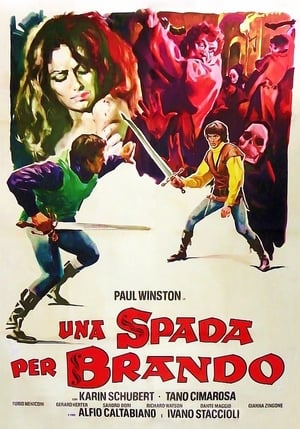 3.0
3.0A Sword to Brando(it)
In a mediaeval feudal hamlet, young girls are being abducted by a sect of devil-worshipers, all of whose faces are masked by sinister skulls. Brando, the young hero of this film, saves two damsels from the ravages of the sect.
Similar Movies
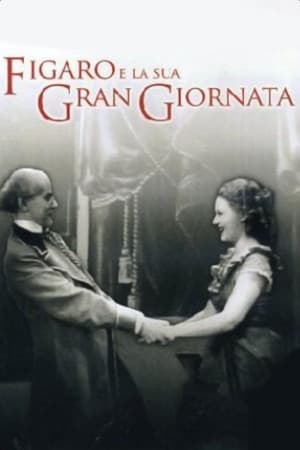 0.0
0.0Figaro and His Great Day(en)
In this delightful mixture of romance, comedy and music, the director turns back the wheel of time about sixty years and shows the audience an Italy of primitive railroads, high bicycles and the famous "dolce far niente." Taking the visit of a traveling opera company to a small town, where it is scheduled to present "Il Barbiere di Siviglia" and where one of the most important citizens is a retired opera singer, the scenario writer weaves a web of merry complications well calculated to keep the spectators in a happy mood.
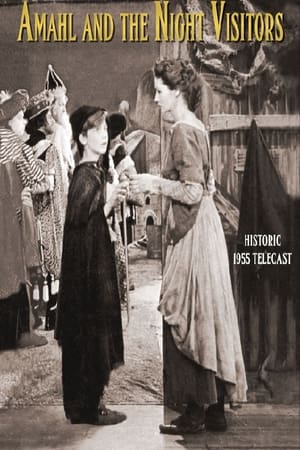 0.0
0.0Amahl and the Night Visitors(en)
A destitute, crippled child and his mother are visited late one night by three traveling strangers who claim to be following a star so that they may bring gifts to a newborn king. The yearly live telecasts of Gian Carlo Menotti’s Amahl and the Night Visitors were a cherished Christmas tradition throughout the 1950s. In addition, since its premiere in 1951, Amahl has been performed regularly by community groups and small opera companies throughout the US, making it the single most popular American opera. This production, staged by the composer himself and originally telecast on Christmas Day, 1955, is a testament to the work’s enduring power to move the heart and stir the soul. Starring Rosemary Kuhlmann as the Mother and Bill McIver as Amahl. Members of the Symphony of the Air are under the direction of Thomas Schippers.
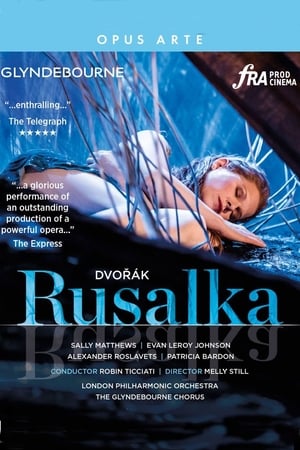 0.0
0.0Dvořák: Rusalka(cs)
Praised by critics as “magnificent”, “breathtakingly theatrical” and full of “zestful imagination”, Melly Still’s “spine-tingling” Rusalka is a Glyndebourne classic – a magical contemporary reimagining of a much-loved fairy tale. Light and darkness, beauty and danger come together in this passionate tale of love against the odds. At once evocative and unsettling, this production collides two contrasting worlds in Rae Smith’s elegant designs made of “brilliant stage-pictures”. Rusalka’s forest home is a dappled space of sunshine and shadows, full of strange woodland creatures, while the Prince’s court is a world of sleek modernity and sophistication – a world of man.
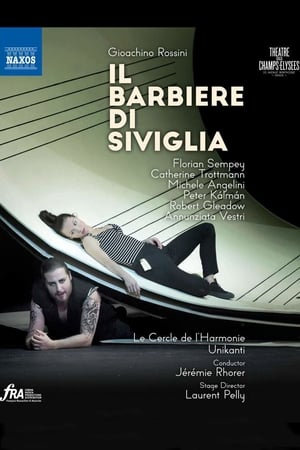 0.0
0.0Rossini: Il Barbiere di Siviglia (Théâtre des Champs-Élysées, 2017)(en)
This is Laurent Pelly’s Théâtre des Champs-Élysées staging of Rossini’s Il barbiere di Siviglia, with a cast featuring Florian Sempey as Figaro, Catherine Trottmann as Rosina, and Michele Angelini as Il Conte Almaviva. Jérémie Rhorer conducts Le Cercle de l-Harmonie.
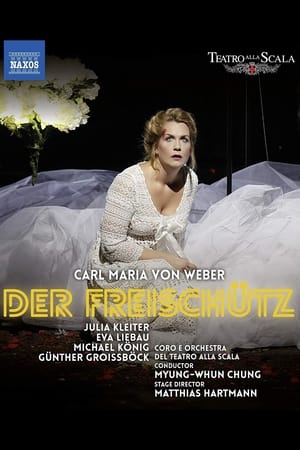 0.0
0.0Der Freischütz(de)
Weber was at the forefront of the rise of German Romantic opera and sought to dethrone Rossini from his position as the leading operatic composer in Europe. In his breakthrough and most popular opera Der Freischütz (The Marksman) composed in 1821, he succeeded in his aim of establishing a truly German form. Turning to the folklore and folk songs of his native land he took a story of a marksman who makes a pact with the Devil, vesting it with powerful intensity not least in the famous Wolfs Glen scene and an astonishing control of orchestral color and atmosphere.
 6.6
6.6Farinelli(fr)
The life and career of Italian opera singer Farinelli, considered one of the greatest castrato singers of all time.
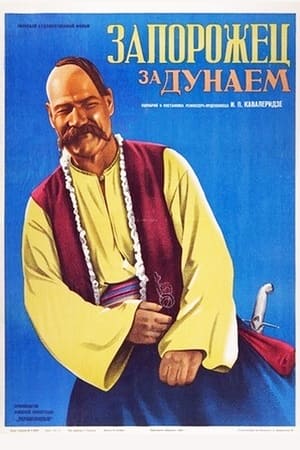 0.0
0.0Zaporozhets Za Dunayem(uk)
Adapted from the opera written by the composer Semen Hulak-Artemovsky.
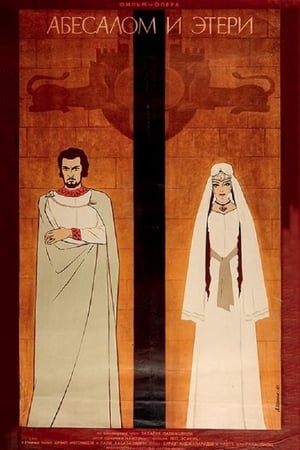 5.5
5.5Abesalom and Eteri(ka)
Prince Abesalom runs into an orphaned Eteri while hunting, falls for her and brings the woman to his palace as his fiancé. The Prince’s aid Murman loses his self-control at Eteri’s beauty and gives her a spelled necklace as a wedding gift. Eteri contracts a mysterious disease that only Murman is capable to heal.
 7.5
7.5Hannah and Her Sisters(en)
Between two Thanksgivings, Hannah's husband falls in love with her sister Lee, while her hypochondriac ex-husband rekindles his relationship with her sister Holly.
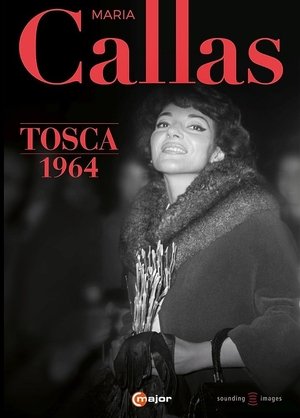 0.0
0.0Maria Callas Sings Tosca, Act II(en)
At the beginning of 1964, the music world experiences something completely unexpected. Maria Callas returns to the opera stage as the prima donna. Her “Tosca” at the Royal Opera House becomes a sensation. Maria Callas wants to show everyone once again that she deserves the title of “prima donna assoluta.” On the condition that star director Franco Zeffirelli take over the direction, the exceptional singer agrees to sing the role of Tosca. The BBC recorded the 2nd act of the opera for television. It is one of the most dramatic acts in opera history: in order to free the painter Cavaradossi from the hands of torturers, Tosca ends up murdering the police chief Scarpia. The film footage is one of the rare opportunities to see Maria Callas in an opera performance and to experience her highly emotional performance art and vocal abilities...
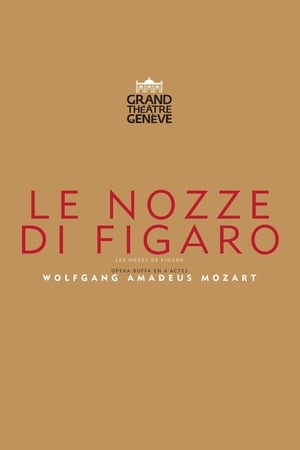 0.0
0.0The Marriage Of Figaro - Grand Théâtre de Genève(it)
The production bears the imprint of the conductor, Marko Letonja, and the director, Tobias Richter, whose understanding is ideal: both breathe a troupe spirit - specific to comedy - into this heterogeneous cast, which brings together young and old. Both give as much importance to recitatives as to arias and ensembles.
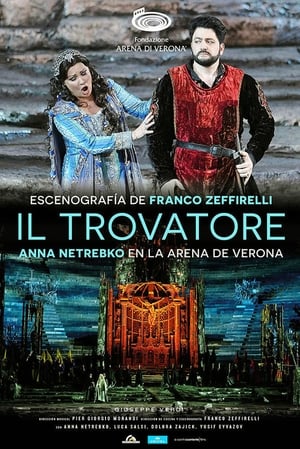 0.0
0.0Arena di Verona: Il Trovatore(it)
It's an event that draws many thousands of music lovers to one of the most beautiful cities in the world every summer: the opera season at the ancient Arena di Verona. The 2,000-year-old roman amphiteatre with its gigantic stage dimensions is one of the largest and best preserved Roman construction of its kind, and with over 22,000 seats it is undoubtedly one of the most spectacular open-air venues of the world! The revered master of opera Franco Zeffirelli, who died shortly before the premiere of Il Trovatore, created a legendary scenery with groups of giant sized armoured knights, a fortress turning into a luminous cathedral, an enormous choir, horses, breathtaking fights: “his perhaps best arena production” (Opernglas). It brings Anna Netrebko to the Arena of Verona where she is giving her much-anticipated debut in one of Giuseppe Verdi’s most popular operas.
 0.0
0.0The Metropolitan Opera: Don Giovanni(en)
Simon Keenlyside smolders dangerously in the title role of Mozart’s version of the legend of Don Juan, creating a vivid portrait of a man who is a law unto himself, and all the more dangerous for his eternally seductive allure. Adam Plachetka is his occasionally unruly servant Leporello. It’s when Giovanni tangles with Donna Anna (Hibla Gerzmava) that things start to unravel, aided by the reappearance of Donna Elvira (Malin Byström), who is determined not to let her seducer go. With Paul Appleby as Don Ottavio, Donna Anna’s eternally steadfast fiancé. Principal Conductor Fabio Luisi leads the Met Orchestra and Chorus.
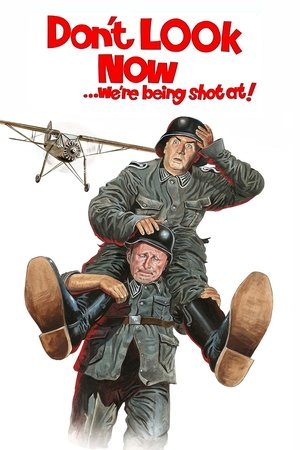 7.9
7.9Don't Look Now... We're Being Shot At!(fr)
During World War II, two French civilians and a downed British Bomber Crew set out from Paris to cross the demarcation line between Nazi-occupied Northern France and the South. From there they will be able to escape to England. First, they must avoid German troops – and the consequences of their own blunders.
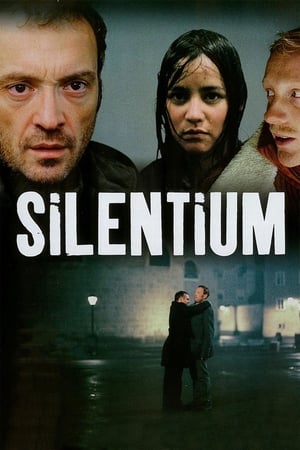 7.3
7.3Silentium(de)
A man who accused a catholic bishop of abusing him when he was a child dies in the Austrian city Salzburg. Everyone except his widow and the eccentrical detective Simon Brenner keeps silent and believes that the man killed himself.
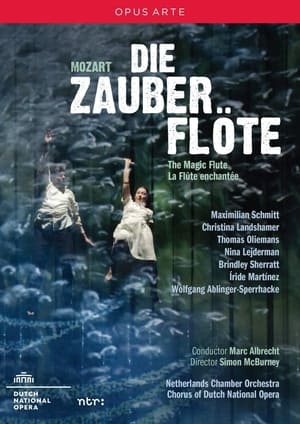 7.0
7.0Mozart: The Magic Flute(en)
Since it's premiere in a tiny suburban theatre in Vienna, Die Zauberflote has delighted audiences young and old for over 200 years. Mozart's Singspiel seamlessly alternates seriousness and jollity, and combines philosophical ideas with a fairytale world of wondrous animals and magical musical instruments. Emanuel Schikaneder's original production was theatrically inventive, and this new interpretation from director Simon McBurney emulates that in fresh and current terms. Fusing music, technology and stagecraft, this exciting production gives Die Zauberflote a refreshing new treatment that is both thrilling and simple in it's approach. Following an overwhelming success on stage, McBurney's unique production received five-star reviews in the Dutch press: 'a feast for the eyes and the ears' (Het Parool) and 'Delicious!' (Trouw).
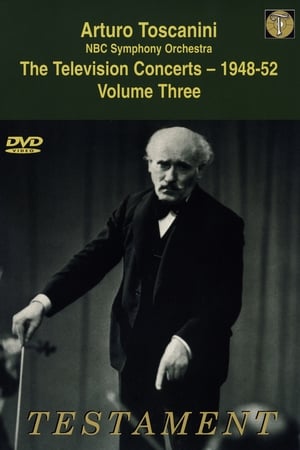 0.0
0.0Toscanini: The Television Concerts, Vol. 5: Verdi: Aida(en)
The historic Toscanini television concerts with the NBC Symphony Orchestra. This concert, broadcast in two parts, on 26 March and 2 April 1949, from NBC Studio 8H, features the opera "Aida" by Giuseppe Verdi. (Both broadcasts were released as "Vol. 3" in the DVD series.)
 5.5
5.5Puccini: Turandot(it)
Franco Zeffirelli's magnificient staging of Puccini's final opera - a fairy tale set in a mythical China - is one of the most popular in the Met repertory. In this Live in HD production, Maria Guleghina takes on the title role and Marcello Giordani is Calaf, the unknown prince. Marina Poplavskaya and Samuel Ramey co-star, and Andris Nelsons conducts in his Met debut.
